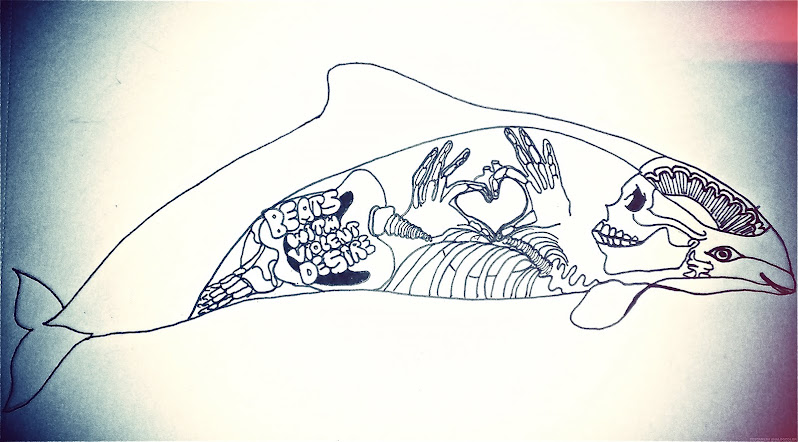

"Dust" by Ujin lee and Tom Edwards
"They'd admire the complexity of his plan, incomplete as it was. It had art and memory. It had a sense of responsibility, of moral force. And it was a picture in the world of their own guilty wishes... Astonish them, create coincidences so bizarre they have to believe it. Create a loneliness that beats with violent desire. This kind of man, an arrest, a false name, a stolen credit card. Stalking a victim can be a way of organising one's loneliness, making a network out of it, a fabric of connections, desperate men give their solitude a purpose, and a destiny"
I'm not sure if i enjoyed "Libra" as much as i did because i haven't completed a book for some time or whether I like being convinced of other people's guilty wishes. I found that sense of reconciliation in Iain Bank's "Wasp Room" as well (i had a conversation with someone about this book recently, really need to re-read it and actually i want to re-read Libra again because i felt short-changed and i could see through more of it if i tried again)....It's somewhat of an escape from morality and purely an insight into personal success, and the ways it can be achieved, told as a rehash of a pub story. It probably wasn't Delillo's intention to have readers feel sorry for Oswald, though paragraphs like the above suggest otherwise. But outside of just being a lonely man seeking a destiny and a purpose, Oswald was a falling man, 'tilting' maybe, and then he found the only way there was to strike a balance, to keep the scales level and you're tempted to feel relief, whether it's for him or something else. Some people just can't deal with lopsidedness. He was terrified, but of what we never really understand and a passive protagonist of what he believes (or what the author believes) as a presence greater than himself, greater than the historian Nicholas Branch. "Ideals", and often political ideals, grow into something uncontrollable, reality makes little sense and it's almost impossible to continue living in the same way; "if the world is where we hide from ourselves, what do we do when the world is no longer accessible? we invent a false name, invent a destiny, purchase a firearm through the mail"........
There's a sense of hilarity that works it's way through the whole book, the fact that the very concept of determinism or destiny doesn't exist for Oswald at all,at least not in the way he thinks it does, as he actively does something to put an end to his deterministic love affair by proliferating everything with interpretation, meaning, context and an overwhelming urge of creativity that he can't resist. I may be naive in saying its all a big guilt trip, but for what? Who is this boy with his hair messed up and his shirt sticking out of his trousers? "And he looked scared, and he looked wild........."
I suppose i know 'just enough' about the JFK assassination, and to be honest i don't really care that much about it, as compelling as it was, because Libra is as good a novel without having any real attachment to those events, just as Lee Harvey Oswald has little attachment to who he really was, he's a construct of a vision of who he really may have been, in history, in fiction, and who he thought he may have been in both.
Libra ends with a perfect restlessness;
"I stand here on this broken hearted earth and i look at the stones of the dead, a rolling field of dead, and the chapel on the hill, and the cedar trees leaning in the wind, and i know a funeral is supposed to console the family with the quality of the ceremony and the setting. But i am not consoled."
Im not sure if i've fully gathered by thoughts on this, maybe i should speak to Playing Pretend as i did borrow her copy (thankssssss). But there we are, life usually ends unfinished, and i have to make a start on Infinite Jest.

No comments:
Post a Comment